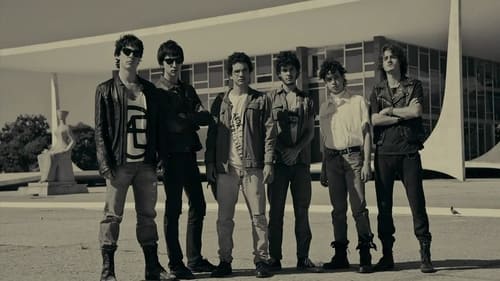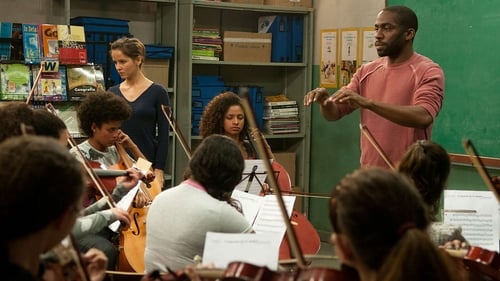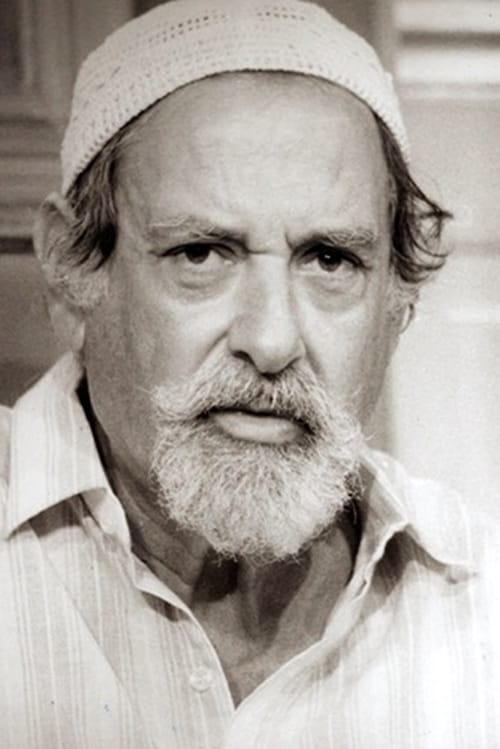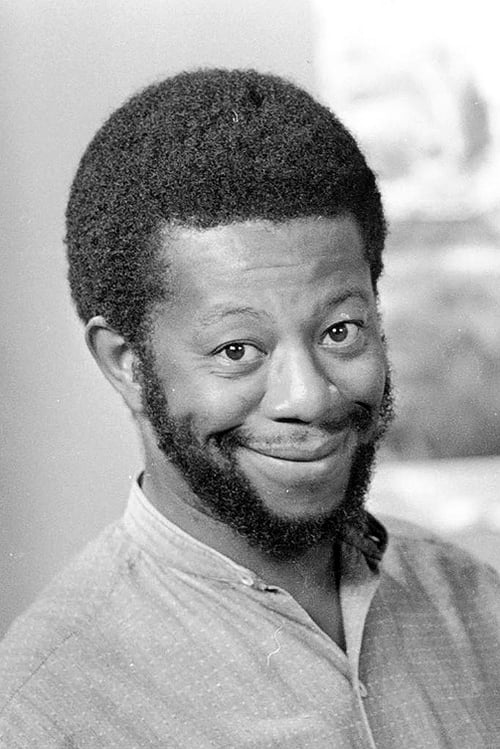Em Busca do Tesouro (1967)
Genre : Adventure, Music
Runtime : 1H 40M
Director : Carlos Alberto de Souza Barros
Writer : Carlos Alberto de Souza Barros
Synopsis
Jerry is a tutor at an orphanage. On the first day of vacation, the boys go to the beach with Professor Teobaldo and find a skeleton and a treasure map. Word spreads and a rush for gold begins. On the one hand, Jerry and Neyde, television colleagues; on the other, the director of the station, Indalécio, and his lover Aphrodite; finally, the evil Rock Trombada, in the company of scientist Bertini and Daniel. On Treasure Island, the three camps promote mutual sabotage. After many confusions, Trombada flees with the treasure to the ship's cemetery but they are surrounded by the boys and Indalécio. It's the final war. But it is Jerry who will take the wealth in order to improve the situation at the orphanage.

The story of Francisco, a very simple and poor man whose dream was to see his children become country music stars, and who made all the efforts to make it happen.

The life of Renato Russo, from his first involvement with music, to his years in the punk rock band Aborto Alétrico, to the formation of Legião Urbana, in the Brasília rock scene of 1970s and 1980s.

Laerte, a talented violinist who after failing to be admitted into the OSESP Orchestra is forced to give music classes to teenagers in a public school at Heliopolis. His path is full of difficulties, but the transforming power of music and the friendship arising between the teacher and the students open the door into a new world.

As the world boiled in the rush of Easy Rider bikes, in the frenetic pace of Elvis Presley, in Beatniks poets, in the explosion of counterculture, a boy from Bahia gave birth to Rock in Brazil. A runaway flying saucer that abducted the hearts and minds of thousands of fans, Raul Seixas, a man who became a myth. Raul died young because he lived intensely. Rock n 'roll, free love, alternative society, drugs, black magic, military dictatorship, women and daughters. A man who wanted to live from his work and died for it. The beginning, the end and the middle are confused, because the story is not over. The film reveals through rare images of archive, meeting with relatives, conversations with artists, producers and friends, the trajectory of the legend of Rock.

Priscilla is 16 and if you think a normal girl too, especially when repairs to your friends. When her mother goes to work and she stays alone at home, he decides he'll get in your square attitude and will fund that idea. Among the many changes it wants to promote in your life, virginity seems to be a priority, but it will be the right time is now? Although it decided to invest in more chicken from the class to live their first sexual experience, a group work at school and a trip with friends, can forever change your expectations because she discovers that not everything is exactly as said and the truth can be quite different from reality.

For 20 years, a subculture has emerged in Brazil under society's radar. It is the culture surrounding 'funk carioca', a musical rhythm which mixes the American electronic funk of the 1980s with the most diverse influences of Brazilian music. 'Baile funk' is one of the most interesting musical movements in the world, but it comes from what is at times one of the most violent and poorest places in the world: the slums of Rio de Janeiro (favelas). This music is the personalization of the raw element. Bombastic rhythms coming from the American Miami Bass and samples are fused with powerful rap vocals using Brazilian slang. This documentary tells stories of sex, love, poverty, and pride among Rio's marginalized people. They have their own language, style, and heroes. It's a film that's fast, heavy, and violent like the city itself.

In less than ten months, the music band Mamonas Assassinas went from being completely unknown to becoming one of the biggest phenomena in Brazilian music. Irreverent, intelligent, sarcastic and creative, the band took over Brazil and sold two million albums in just six months. Never-before-seen footage and interviews from family, friends, producers, and musicians tell the band’s story, their challenges, their rise to fame, and the tragic aeroplane accident that killed all its members in 1996.

In a small village in the hinterland, three stories of love and desire are changing the emotional landscape of its residents. Characters of a romanesque world in which their conceptions of life are limited on one side by human instincts, on the other by a blind and fatalist fate.

Brazilian singer Rita Lee narrates moments about her life, from her childhood to the meeting with Roberto de Carvalho. The documentary is permeated with excerpts from the singer's concerts, with songs sung entirely.

A documentary about Banguela Records, a 90's brazilian rock label.

Tete Barilove is dead, but her body is nowhere to be found. Beni, a longtime fan, finds clues that could lead her to the truth about Brazil's most famous 90s singer.

Winner of 6 Latin Grammy Awards. For the first time in his career, playing the hits enshrined in the voice of his mother. An exciting concert in tribute to Elis Regina. Including such hits as “Águas de Março”, “Como Nossos Pais”, “Vou Deitar e Rolar”, “O Bêbado e a Equilibrista”, “Me Deixas Louca”, “Alô Alô Marciano”, “Madalena”, “Tatuagem”, among others.

"Lobão - Não Há Estilo Sem Fracasso" investigates the artistic career of Lobão, one of the most famous musicians of brazilian rock in the 80s. From some interviews with people such as Edgard Scandurra, Liminha and Marcelo Sussekind, this short movie shows various points of view about music industry and it presents hits of Lobão such as "Das Tripas Coração" and "Mal de Amor".

Zé Ramalho ao vivo is the first (and currently only) live album by Brazilian solo artist Zé Ramalho, apart from his live recorded performances with other artists. It was released in 2005.


Festive Land examines one of the largest and most extraordinary popular celebrations in the world, the week-long Carnival that brings more than two million people to the streets of Salvador, the capital of Bahia, in northeastern Brazil. Carnival is the most expressive showcase of the unique cultural richness of Bahia, where African culture has survived, prospered, and evolved, mixing with other Brazilian influences to create forms found nowhere else in the world. The film captures this unique cultural energy through extraordinary footage of musical performances, dances, religious manifestations, and street celebrations. At the same time, Carnival reflects the racial and social tensions of Brazil's heterogeneous society. At first glance there appear to be two million people chaotically mixed on the streets, but a more detailed look reveals how patterns of segregation driven by racial, social and economic differences continue in Carnival.
















